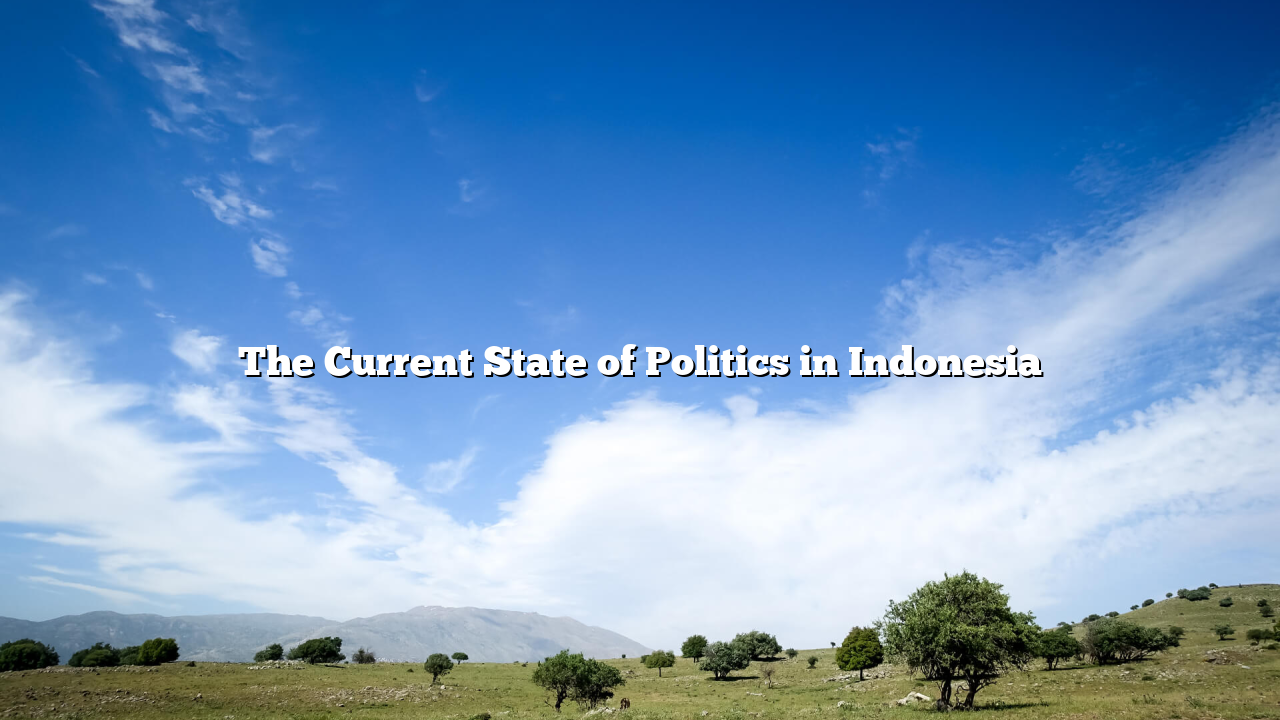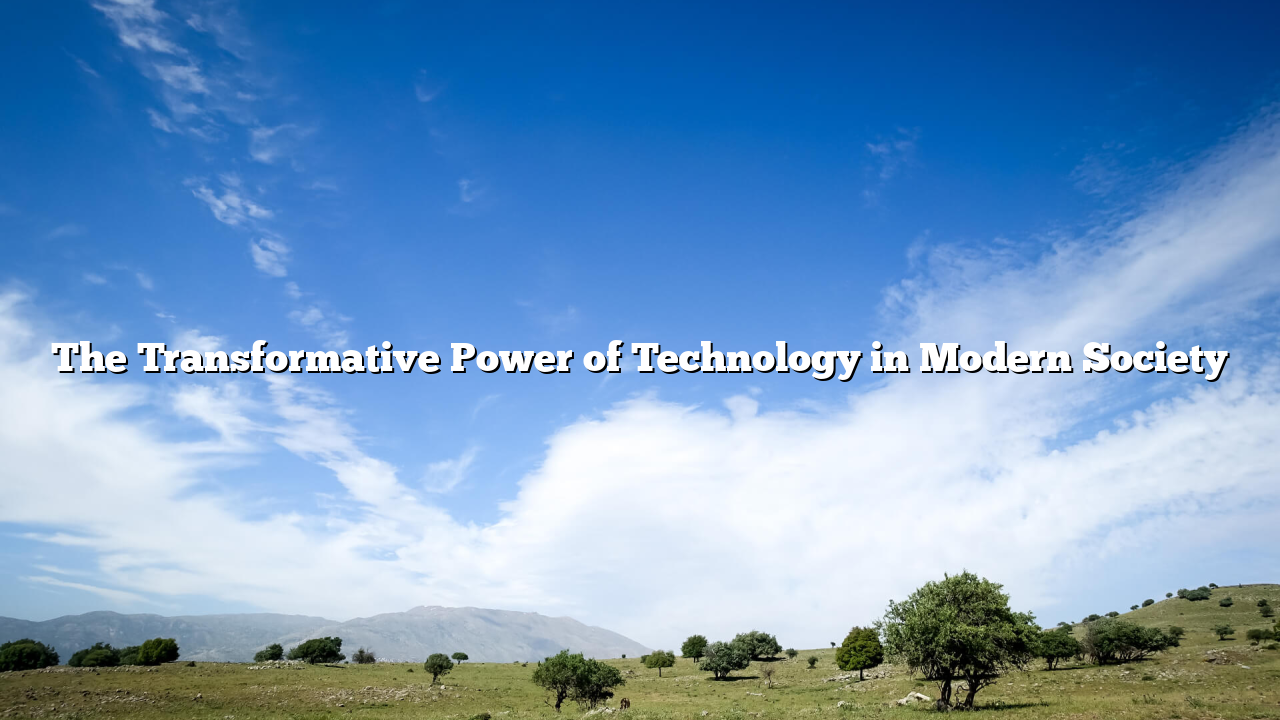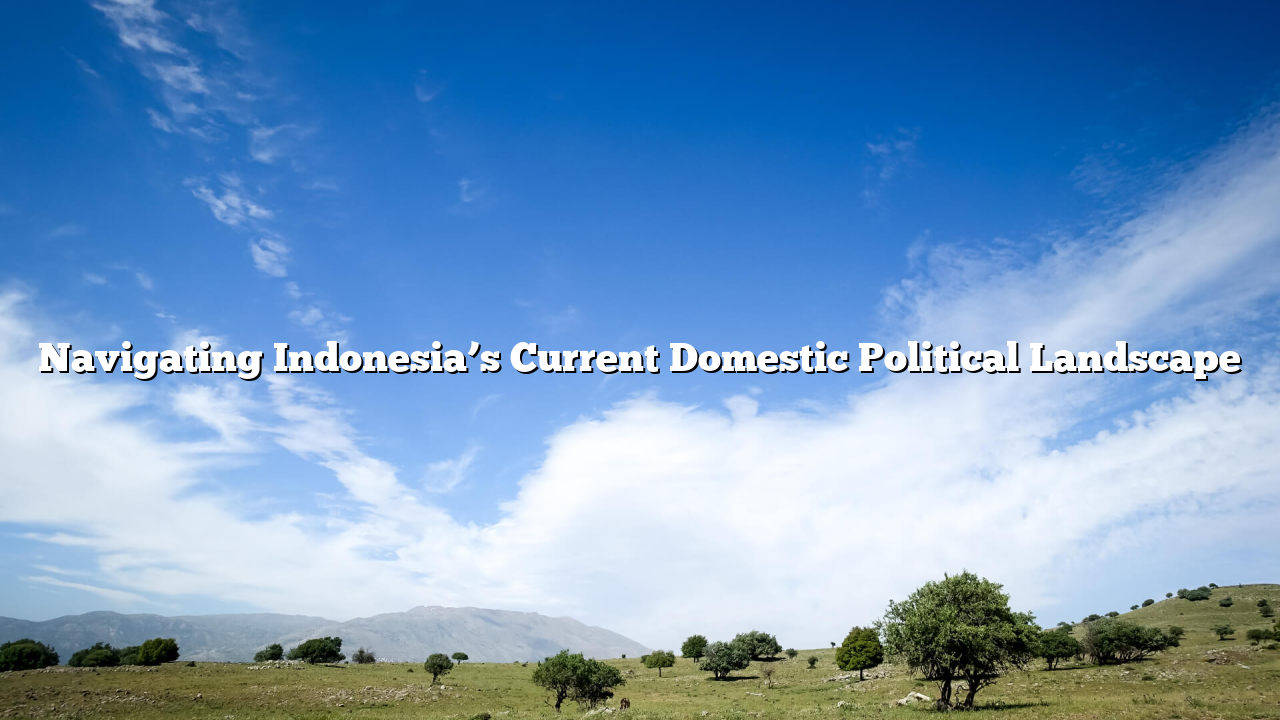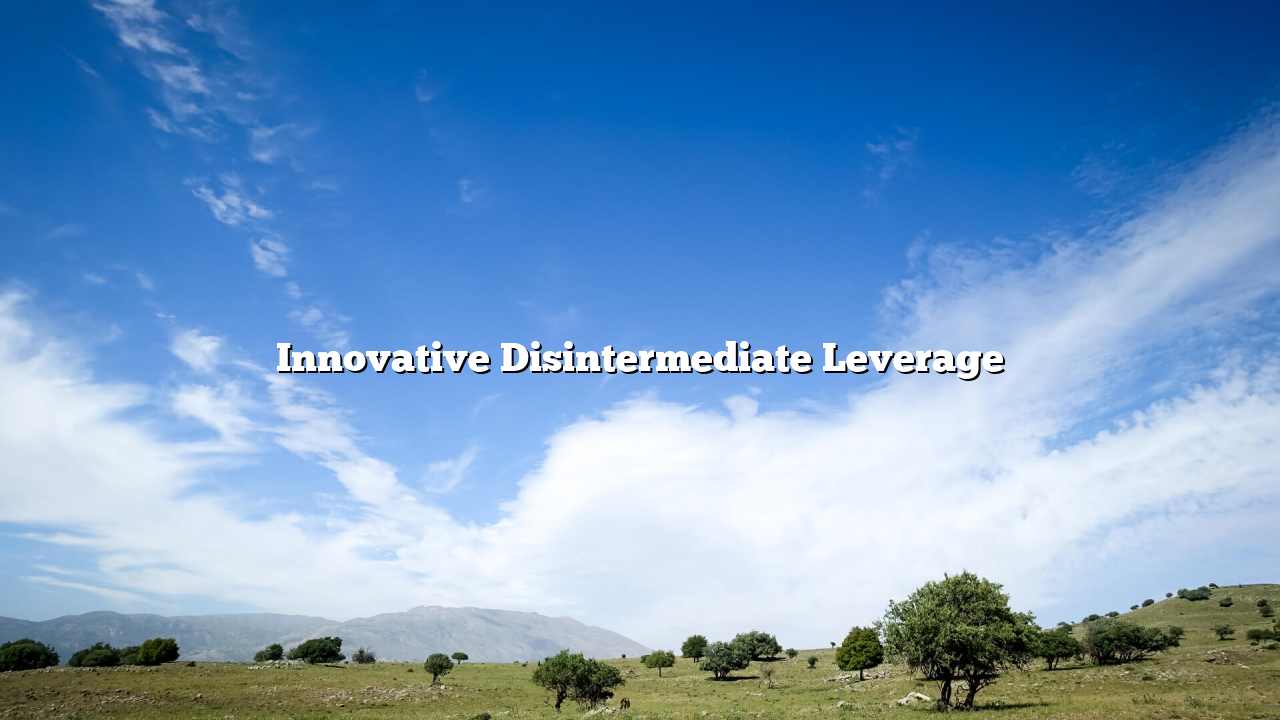Indonesia, Southeast Asia’s largest democracy, is entering a new political chapter in 2025. The country’s political atmosphere is shaped by leadership transition, shifting party alliances, and ongoing debates about democratic consolidation. With more than 270 million citizens and a highly diverse society, Indonesia’s maritim4d politics continue to balance between stability and the need for reform.
Following the 2024 general elections, Indonesia saw a change in leadership after ten years under President Joko Widodo. While Jokowi’s administration was widely praised for its infrastructure development and economic modernization, the new government now faces the challenge of sustaining growth while addressing social and political issues that remain unresolved. Continuity in economic policy is expected, but new political priorities are beginning to emerge.
Coalition politics remain a defining feature of Indonesia’s governance. Since no single party has been able to dominate the political landscape, alliances between major parties are essential to secure parliamentary support. This arrangement, while ensuring inclusivity, often slows decision-making and produces compromises. Critics argue that coalition politics sometimes prioritize power distribution rather than long-term reforms, leaving important issues such as education, healthcare, and bureaucratic reform inadequately addressed.
One major concern in Indonesia’s current politics is the state of democracy. While the electoral process remains competitive and relatively fair, analysts warn of rising political polarization and the spread of misinformation, particularly on social media. Identity politics—based on ethnicity and religion—continues to influence campaigns and policy debates, raising questions about social cohesion and the resilience of democratic values. Civil society organizations frequently call for stronger safeguards against democratic backsliding.
Corruption also remains a critical issue. The Corruption Eradication Commission (KPK), once a highly respected institution, has faced challenges in maintaining its independence and authority. Many Indonesians worry that political interference could weaken anti-corruption efforts, eroding public trust in government. Addressing this issue will be vital for ensuring accountability and strengthening democratic institutions.
In terms of foreign policy, Indonesia continues to pursue a balanced approach. The country seeks to strengthen its position as a leader within ASEAN while also engaging with global powers such as the United States, China, and the European Union. Regional stability, economic cooperation, and security in the South China Sea remain key priorities. At the same time, Indonesia is working to attract foreign investment to support its ambitious plans for economic transformation and industrial growth.
Looking forward, Indonesia’s political trajectory will depend on how effectively the government can address inequality, fight corruption, and maintain democratic integrity. Public expectations remain high, as citizens hope for leaders who not only preserve the achievements of the past decade but also deliver inclusive growth and stronger governance.
Indonesia’s political journey reflects both the opportunities and challenges of a young democracy. As the nation adapts to new leadership and global uncertainty, the choices made in the coming years will shape not only Indonesia’s domestic progress but also its role on the international stage.











Leave a Reply